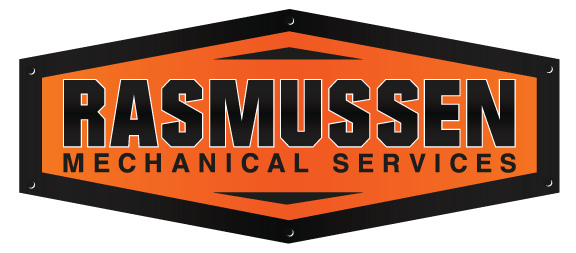To help your food processing facility, hotel, ethanol plant, hospital, etc. operate at the most cost-efficient level this winter, we’ve combined a few top industry tips with the know-how of our experts. This advice is sure to help reduce overall costs during this chilly season.
Replace Your HVAC Filters
During winter months, facility managers and maintenance staff rely heavily on their heating systems. Preventative, predictive and proactive maintenance is critical to keeping your HVAC system up and running — especially during the cold. Replacing your HVAC filters can help lower costs and keep your HVAC running smoothly. As dirt and debris collect in these filters, airflow becomes restricted and in turn, your system runs inefficiently.
Don’t let your #heating costs slip and slide out of control this winter. Use these winter-weather tips to keep the warm air in and your overhead heating costs low: Click To TweetUniversal Air Filter advises that how often a filter should be replaced is based on the environment. For highly controlled areas, such as a data center, 4 times a year should be sufficient. Facilities with a more harsh environment, such as an ethanol plant, will need to be replaced much more often. In environments that change, you should examine your filters often to be sure they are replaced properly.
In the winter months, dirty filters can significantly reduce the flow of heat. Be sure to replace these to keep your operating costs at a minimum.
Examine Exterior Openings
Heating is often times the most expensive cost for a commercial building. Help to lower this cost by ensuring that the warm air you’re paying for stays within the building. HPAC Engineering reminds us of a few great winter tips to help with just that.
[As the cold season is slowly approaching, it’s important to ensure your facility is energy-efficient. Download our Temperature Control Brochure to lower your facility’s operating costs, today!]
Thoroughly inspect all exterior openings, such as windows and doors. Identify gaps that may be leaking warm air, or allowing the elements inside. Filling these gaps with caulk will ensure that the facility is sealed properly. Take this inspection one step further by looking at all exterior weather stripping. Remove or replace any stripping that isn’t placed correctly or that has tears in it. Guaranteeing an air-tight facility will help reduce the overhead costs of heating your facility this winter.
Inspect the Roof
The roof of a food processing facility, ethanol plant or hospital is often overlooked for more pressing equipment needed to keep the place operating. However, a full inspection should be completed in preparation for the winter months.
Knipp Services notes to examine both the interior and exterior of your roof. Is there damage on the roof that needs to be patched? Are there loose shingles that need to be replaced to prevent leaks in air and water? Is insulation ripped, fallings or missing from the roofline? Questions like these, and more, should be examined at least once a year before the wintertime hits to ensure efficiency in heating.
The #temperatures are lowering, the snow is falling and our phones are ringing for guidance on how to winterize facilities in the midwest. Will your #facility be operating at the most cost-efficient level this winter? Click To TweetDon’t let your heating costs slip and slide out of control this winter. Use these winter-weather tips to keep the warm air in and your overhead costs low. If you’re looking for more do-it-yourself tips for this winter season, check out our Seasonal Maintenance Advice Checklist. Plus, discover what you can do to prepare for summer, spring & fall maintenance as well.
Not sure you’ll have the time or expertise to complete winter maintenance tasks? Give the experts at Rasmussen Mechanical Services a call at 1-800-237-3141 to schedule a free, no-obligation quote. Our professional staff is sure to keep occupant comfort as well as cost savings into consideration when planning your next mechanical service.



